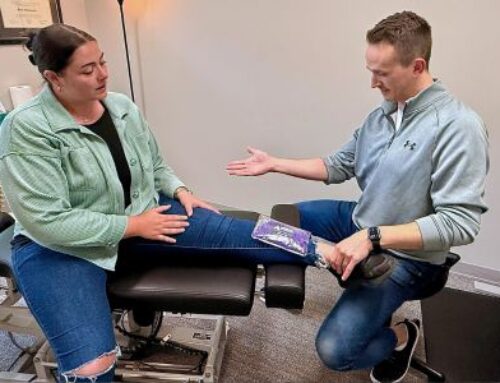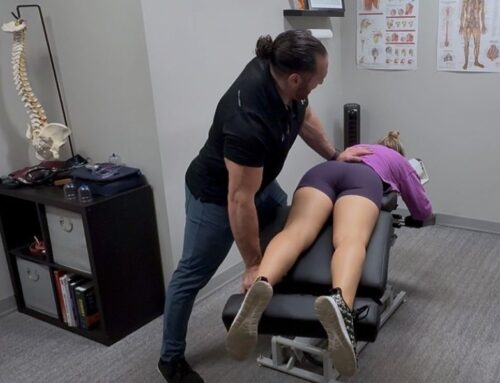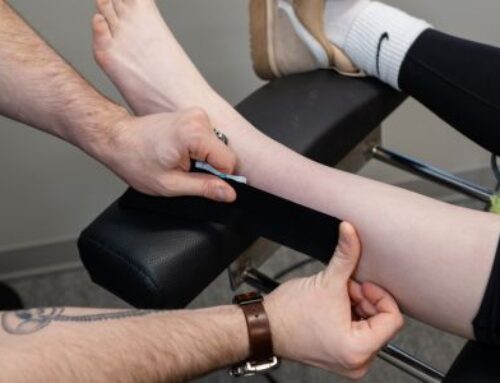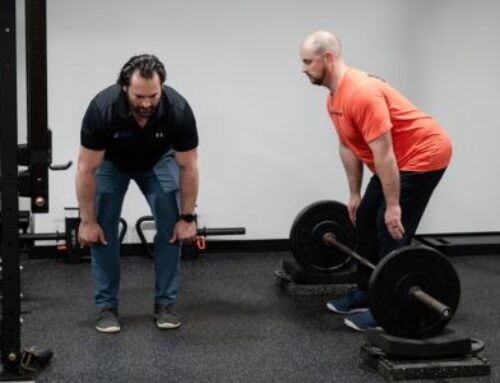We have all heard about varicose veins, however pregnancy can bring on an entirely different type of varicosities. Vulvar varicosities are dilated veins on the labia majora and labia minora and can cause a great deal of discomfort during pregnancy. They present in approximately 18-22% of pregnant women. This typically occurs because of the increased weight of the uterus, an increase in blood volume and increased progesterone during pregnancy.
Common symptoms include pelvic fullness, pressure or pain in the vulva, upper thigh or back, pain with walking and/or intercourse, itchiness and upon visual inspection there is a bulging blue/purple vein. It is important to remember that these typically go away following birth.
How to alleviate symptoms:
- The Kegel: This movement is a great tool to help pump and promote fluid movement throughout the pelvis. A kegel looks different for everyone and working with an experienced women’s health provider will be beneficial. Be sure to remember to relax or lengthen the pelvic floor after each contraction.
- Diaphragmatic Breathing: Check out this video and follow along to learn more!
- Positioning: Finding time to lie down with some pillows under your hips or with your feet up the wall can help bring blood back to the heart and decrease some swelling.
- V2 Supporter: Adds compression to help reduce swelling and pressure of the vulvar varicosity.
- Compression Shorts
- EXERCISE: When is exercise not the answer? Choosing to be sedentary only adds to deconditioning pregnant women before one of the most athletic events of their life. Strength training is not contraindicated if you have varicose veins. Anything to increase your heart rate will actually help pump fluid around your body and likely help to reduce the pressure and swelling in the pelvis.
If you have been suffering from vulvar varicosities during pregnancy, please CLICK HERE to schedule an appointment with me!





